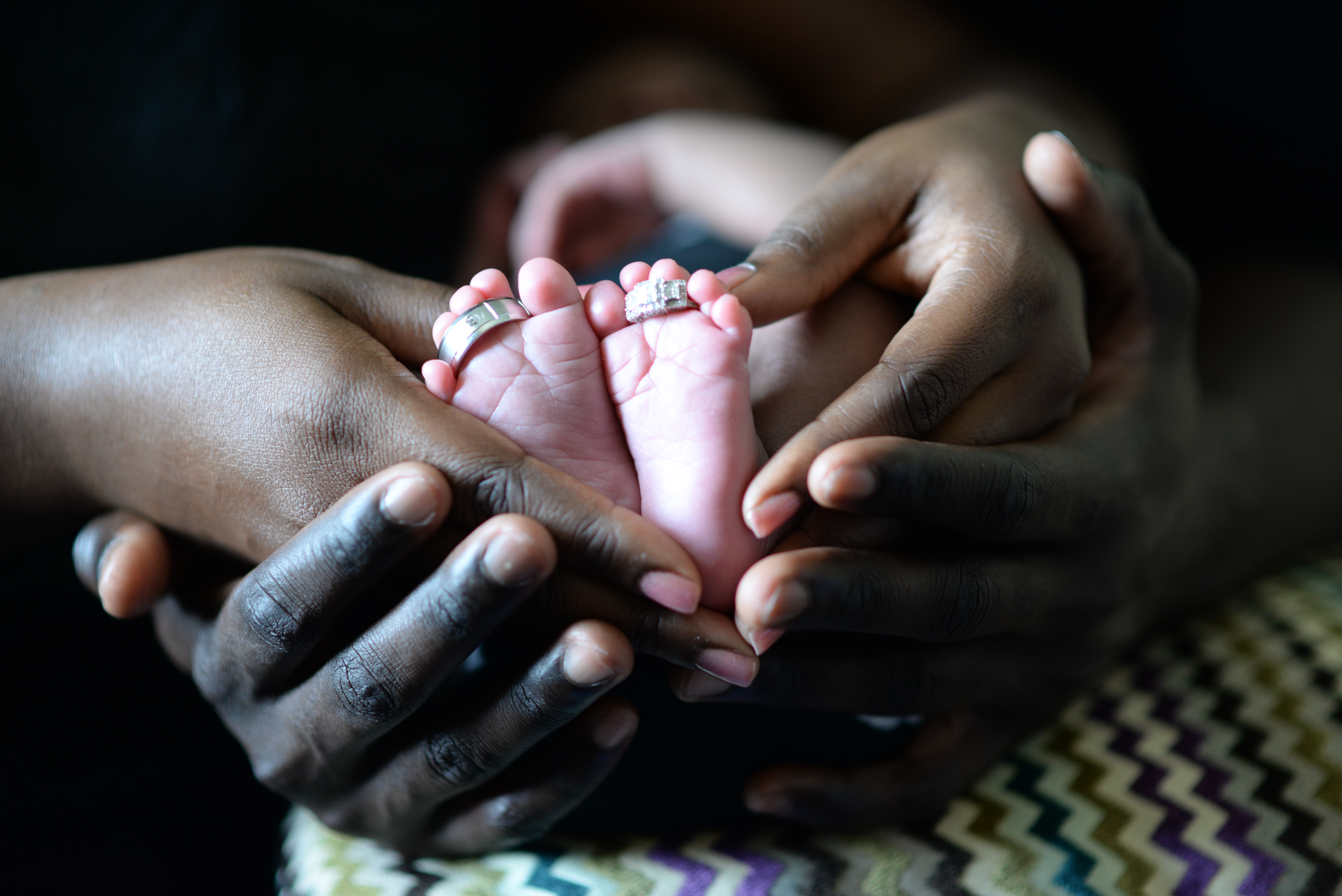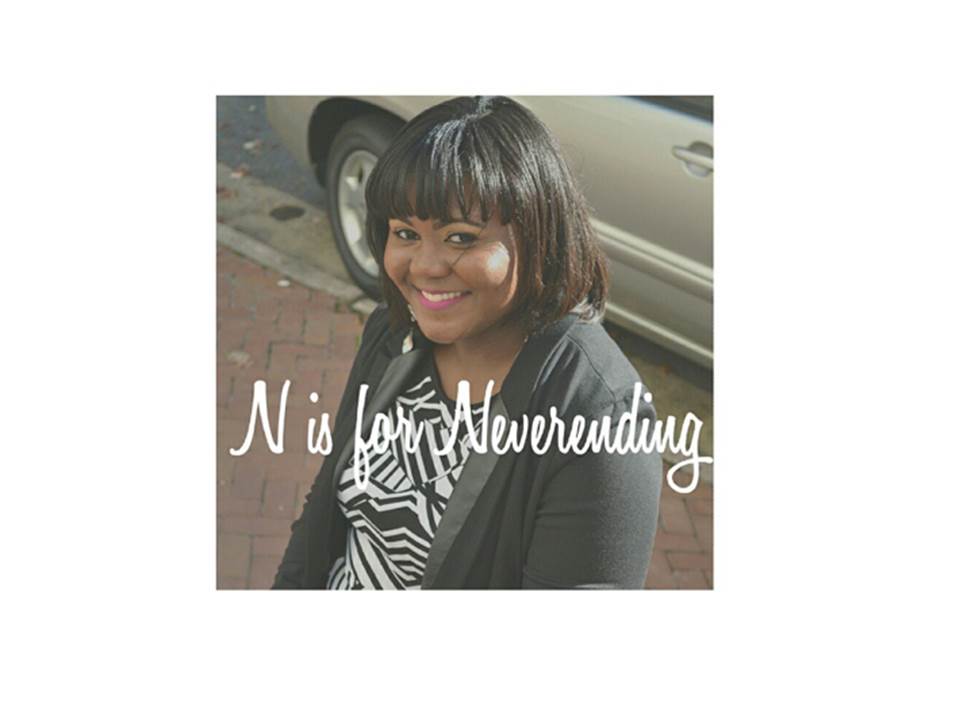
Black Love Matters
“Miscommunication does not mean incompatibility.”
Marvin Sapp dropped that gem a while back on Facebook and I saved it in my phone. I discovered it yesterday after deciding not to write this post. I was annoyed by a recent Essence piece on why some Black men find Black women less appealing than women of other races, but I told myself to just focus on the Black men who do love Black women.
Then I saw that quote: “miscommunication does not mean incompatibility.” I wondered if some of the Black men Essence consulted might have the potential to love Black women, but might mistake miscommunication for incompatibility.
Since I believe Black love matters, I wanted to communicate a few things.
First, the list of reasons these Black men gave for not approaching Black women was quite stereotypical. However, I’m not going to deal with that. I think Ty over on Single and Happy in Charlotte gave a great response, complete with brilliant advice for frustrated men.
Since Ty has the basics covered, I want to address a few of the men’s complaints that I found more disturbing than others: Black women “put the ‘pressure’ on” for commitment, are more “inhibited” sexually, and “‘don’t offer enough support.” I find each of these reasons troubling on their own; however, combined and coming from the same group of men, I feel a need to connect the dots.
Women tend to exhibit more sexual freedom when they feel safe and secure with their partner. They’re also more supportive of men who may not be pulling six figures when they feel they are not being taken advantage of and that there may be a future return on their investment. Granted there are exceptions, but generally speaking, a man can prosper by making a woman feel safe. What does it take to make a woman feel safe? It’s different for every woman, but commitment typically helps.
It says a lot about our society that a man who is unsure about giving a woman his last name would expect her to act out his wildest sexual fantasies and help him climb the corporate ladder while he figures it out. What guarantees does she have that after giving him these parts of herself that he will in turn give her the vows that she wants? It’s not about being a prude or a gold digger. It’s about feeling that her heart, body, mind, and even finances are in the safe and secure hands of a man who loves and has chosen to be with her through the good and the bad.
Finally, there is another unpopular factor that I think bears consideration: history.
I watched the BET mini-series Book of Negroes this week. (Spoiler alert, but not really if you know much about slavery). Layered into scenes depicting the human heart’s unbelievable capacity for hate and evil, is a love story. A story of a male child, Chekura, who befriended a female child, Aminata, as they traveled in chains from Africa to America, who was separated from her at auction, and who searched for her until they were reunited years later. As a young man, Chekura risked life and limb to sneak off from his plantation to see Aminata when possible. They eventually “jumped the broom,” the closest a slave could get to tying the knot. This unofficial husband and wife lived on separate plantations, hiding their love from their masters, going for months at a time without seeing one another.
There is a scene in the movie in which Chekura comes to Aminata after a particularly long absence. She gives him a hard time for being away so long, for being absent through a traumatic experience when she needed him most. As a 21st century viewer, I know it was unfair for her to blame him. He was breaking the law even in coming to her whenever he could. However, as a woman, I sympathized with her hurt. She was strong because that’s who she was, but she was also strong simply because she had to be. She nursed her own wounds, be they physical or emotional, because he was not there to do so. Whether he wanted to be was irrelevant. All she felt was his absence.
(Not to mention Black women’s lack of control of their own sexuality then and years later, and how that may have produced conservative views about sex.)
It may seem like I’m going too deep on a ‘harmless’ Essence article. However, history matters. Behaviors stem from something. We may be a few generations out of slavery, but centuries of Black couples being sold away from one another, of Black men popping in and out of the lives of Black women, has its effects. Even after slavery ended, Black men were disappearing due to lynching, or the need to leave their homes to find work and send money back to their families, or to fight wars. Later Black men were disappearing because welfare programs would not give aid to homes with able-bodied men living in them, then because of drug addictions, street violence, and prison sentences.
This is not to suggest that these disappearances were usually Black men’s fault, or to blame Black men today for what others did in the past (sucks to be profiled, right?), or even negate the fact that so many Black men have been there through thick and thin, holding down their families. However, the reality of men not always being present shapes the narrative of a people. It causes older women to place stock in marriage as something to provide security for a better life or the likelihood of not having to go it alone. It causes them to pass that esteem for marriage onto the girls who come after them, to caution against giving all of oneself without it. It causes even women who come from homes with husbands and fathers to note those around them who did not. It causes some Black women to make every attempt not to be in that number of women who have been left behind. Add to that the fact that the world is repeatedly arguing whether Black women today have any hope of marrying at all. Is it any wonder that many Black women want a commitment, that they may find it harder to ‘go with the flow?’
History is also why people were on Twitter the other day telling us that #BlackLoveMatters. They were not suggesting that other love is insignificant. They simply meant that there was a time when Black people were told their love didn’t matter; when Black love was considered less than; when Black love was stripped down to nothing but sex and a means of creating property; when Black love was assaulted, suffocated, and written off – but it fought through every attempt to destroy it, and lived anyway.
That is why we celebrate Black love. That is why it saddens me when a wedge is driven between Black men and women over little things like Black women looking like they have a lot on their minds when Black men want to holler, or Black men wanting wilder sex. That is why I think we owe each other a little more kindness, a little more grace, a genuine attempt to understand. That is why I hope those of us who have any desire at all to be in relationship with one another take the time to consider that “miscommunication does not mean incompatibility.” Because Black love matters.
Photo by Benji Aird, Unsplash.
SheryLeigh
SheryLeigh is a woman who loves God, words, and people. She is currently living and loving as an author, blogger, poet, and spoken word artist in the Washington, D.C., area. A communicator by education and trade, SheryLeigh holds a Bachelor of Arts in Journalism from Howard University and a Master of Arts in Management from Webster University.
Love Won’t Leave Me Out

A Guilt-free Rest
You May Also Like

Self-Discovery Tour: N is for Never-ending
October 19, 2014
Writer Problems: Getting Naked on the Page
August 7, 2014
4 Comments
Vicki
Amen, sister!
Ain
Black love matters
G Nice
Great post, I think you are right.
On the mention of more sexual Black women, I also agree. Black women do not feel as secure with Black men as their white counterparts. Black women always live in fear that if they are too sexual they will labeled or if they are not sexual enough Black men will seek affection from another race.
SheryLeigh
Thanks. I agree that many black women are fearful of being labeled. We are cognizant of images of black women as hyper sexual and do not want to feed into that.